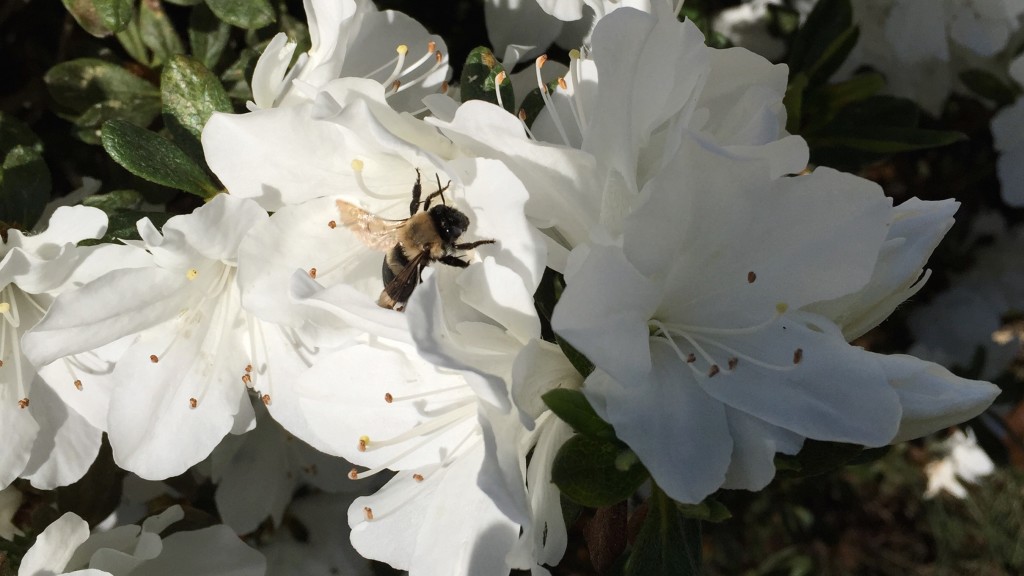Third Sunday in Easter | Luke 24:36b-48
Lectionary Project—Part of an ongoing three year project of weekly posts related to the Sunday reading from the Revised Common Lectionary.
Resurrection is such an odd business. Each of us imagines it differently, from shining ghosts to the walking dead.
Many of us imagine Jesus resurrected in some spirit form–how else did he later rise, disappearing from everyone’s sight, right? The four Gospels, particularly this passage from Luke, go out of the way to insist on a bodily resurrection. There is surely a spiritual significance, but the Gospels insist that Jesus was encountered in a very human form, eating and touching and walking and speaking, days after his public crucifixion. He was flesh and bones.
So much for explaining Christianity as a purely spiritual path.
That’s the good news. It means that Christianity is not just a someday thing, not just a future to be hoped for, though that hope is not nothing. It means resurrection is also a here and now thing. Resurrection is part of everyday life, practical theology.
Ok, so maybe it’s not the raise you from the dead kind of practical. We don’t get a do-over after walking out in front of a bus. We don’t get a free pass to fix everything. We do get something we can use, something that we don’t have to wait until the afterlife to apply. We get that mistakes can be redeemed. Failures can be transformed. We can awaken to a life that is better, closer to the way we thought it ought to be when we were children.
Shakespeare wrote, “Cowards die many times before their deaths; the valiant  never taste of death but once.” [Julius Caesar, Act II, Scene 2] There aren’t many valiant folk, at least not much past the age of twelve. Most of us die many times, of mistakes and of fear, of the tiny cuts of thousands of slights and failings, some real and many more imagined. The Gospel idea of resurrection gives us more than a future hope; it gives us a present hope of redemption, of new chances, of mourning becoming memory, of failures feathering away our hardness and harsh judgments. Resurrection means we are still alive, even if we seem sometimes to have forgotten.
never taste of death but once.” [Julius Caesar, Act II, Scene 2] There aren’t many valiant folk, at least not much past the age of twelve. Most of us die many times, of mistakes and of fear, of the tiny cuts of thousands of slights and failings, some real and many more imagined. The Gospel idea of resurrection gives us more than a future hope; it gives us a present hope of redemption, of new chances, of mourning becoming memory, of failures feathering away our hardness and harsh judgments. Resurrection means we are still alive, even if we seem sometimes to have forgotten.
We cherish the stories that help us understand our world. We remember the tale of the genie in the bottle because on some level we understand that it describes our lives. We are all genies, with amazing if untapped power, trapped in the bottles of the lives we have accepted. Some of the walls that surround us were built by other people or by circumstance. Many of us are hemmed in by walls that we have built for ourselves, walls we made out of ideas that we were given or with limitations that we believed were real.
We do not see that the resurrection story also describes our lives. Just as the genie was placed in the bottle and Jesus was placed in the tomb, we also find ourselves enclosed in our lives, mystified as to how it came to be so.
Resurrection is the power of God pulling out the stopper, breaking down our walls, or giving us the tools to do it for ourselves. We can roll away some of the stones in our path. We can fold away some of the thoughts that bind us. The genie is out of the bottle. The Lord has left the tomb.
That is the message of Easter.



